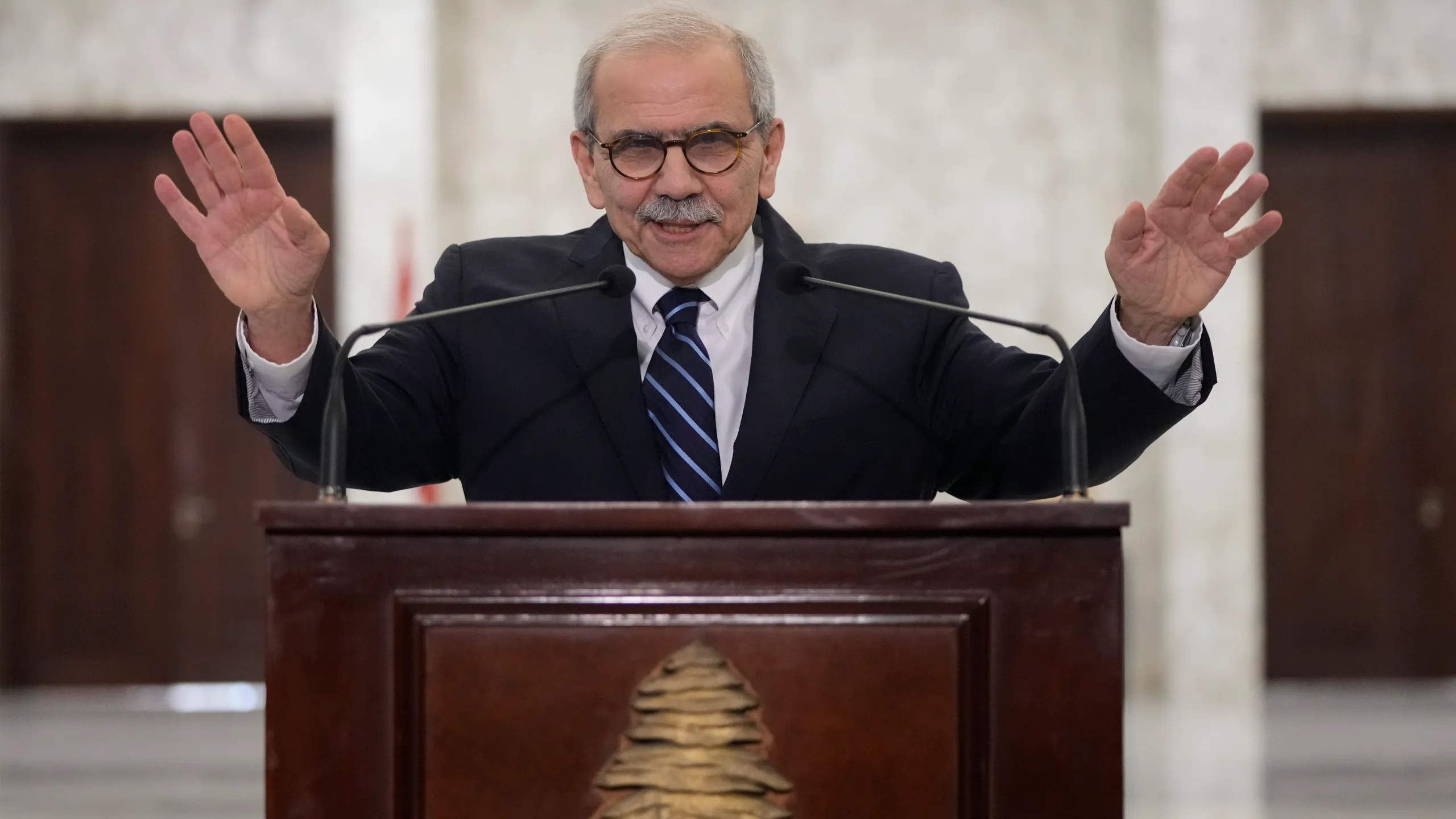Most Lebanese were optimistic about the nomination of two presidents to the executive powers from outside the country’s traditional political groups, and the level of optimism rose, accompanied by caution and questions about the ability to make real change, in light of the presence of a corrupt and sectarian political class, whose power may have waned, but which still controls the Lebanese state and society.
People have urgent needs on the economic and social levels, and basic and legitimate questions for the new government: Who will rebuild homes and restore the lives of those who lost everything in the Israeli aggressions? Will basic state-provided services such as electricity, water, public education, telecommunication, transportation and security, be provided, even at a minimum level, and at what cost?
Will household incomes regain some of their purchasing power? Is there any assistance and job opportunities for hundreds of thousands of the poor and unemployed? Will depositors get their money back? And many other questions and concerns that reflect the actual reality of Lebanese society.
People are not naive to expect solutions to their problems from corrupt rulers who have abused them for years. They are also not naive to give any “blank check” to attempts at change from above, from within or from abroad.
But there is room for hope and expectation of certain achievements. But what can a government do whose term expires in the May 2026 elections, i.e. in fifteen months?
In 2018, Lebanon’s GDP was more than 50 billion dollars, foreign exchange reserves at the Central Bank were more than 30 billion dollars, and the state’s revenues were more than six billion dollars. Today, GDP does not exceed 16 billion dollars, the reserves at the Central Bank dropped to 10 billion dollars, and the state’s revenues are a mere two billion dollars!
In parallel, the size of the informal economy and the black market stood at 15 billion dollars, and the size of foreign aid and loans spent in Lebanon outside the central state system and mainly through NGOs exceeds two billion dollars annually.
This situation is tragic, and the State and its institutions have been undermined, and its capabilities stolen and replaced by a system of development and services that is controlled by donor countries and organizations.
Within this reality, the new executive authority must try to provide practical solutions to citizens’ problems within the available capabilities, but more importantly, establish a new approach and actual change in economic, financial and social policies, which the October Revolution has demanded for years.
This approach falls within economic and social justice and restoration of the state’s role and sovereignty.
This justice must side with the poor, i.e. more than 85 percent of the Lebanese, the unemployed and low-wage workers, and citizens deprived of health coverage and access to basic services including decent housing, education and other basic needs.
The new government must activate the collapsed public services and ensure that these services are comprehensive to all governorates, by providing free medical care, education, and aid for needy families, as well as training and employment programs.
But the question here is how? And with what money?
This needs to be done within a just allocation of the costs of economic recovery among the segments of society. This justice specifically requires financing basic public services with state revenues, coming from progressive taxes and fees that specifically target the groups that accumulated wealth during crises and wars.
Here, the new government must work on taxes on profits from currency speculation; taxes on high rental income that were imposed, for example, on families displaced during the war; fees on looted maritime properties, and other measures that establish justice among taxpayers.
The new government must achieve justice in public policies, by imposing new mechanisms to coordinate and monitor foreign aid, and placing it within action plans that rebuild state institutions and achieve financial sustainability for its programs, outside the framework of corrupt funds and councils such as the Council for Development and Reconstruction.
The government must also exercise real sovereignty in collecting and disbursing aid, by setting regional and sectoral priorities that put the interests of residents in Lebanon as a priority.
The final economic justice is the justice of wealth distribution, especially that related to the collapsed banking sector. The new executive authority must clearly side with the rights of depositors and protect their money from any deduction, and recover losses from bank owners who made profits on interest, speculation and financial engineering.


